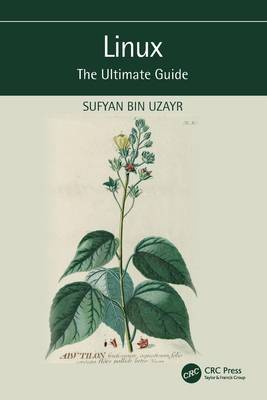
- Retrait gratuit dans votre magasin Club
- 7.000.000 titres dans notre catalogue
- Payer en toute sécurité
- Toujours un magasin près de chez vous
- Retrait gratuit dans votre magasin Club
- 7.000.0000 titres dans notre catalogue
- Payer en toute sécurité
- Toujours un magasin près de chez vous
Description
Linux is one of the most widely used operating systems. It was created to provide a free or low-cost operating system for personal computer users. Linus Torvalds published Linux on September 17, 1991, and it was written in the C programming language. It has since earned a reputation for being a high-performing and efficient system. This is a fairly comprehensive operating system that includes a graphical user interface (GUI), TCP/IP, the Emacs editor, and the X Window System, among other features.
Debian, Ubuntu, Fedora, Red Hat Linux, SUSE Linux, Gentoo, Kali Linux, and Linux Mint are some of the finest Linux distributions. Linux is a very popular operating system today because of features such as multiuser operating system management, multitasking paradigm, multiprogramming concepts, and virtual memory. Many corporations and individuals, as well as firms such as Canonical, use Linux for their servers because of security concerns and positive feedback from the user community. Linux is also used in mobile devices, smart TVs, etc.
Key Features:
- A step-by-step approach to problem solving and skill development
- A quick run-through of the basic concepts, in the form of a "crash course"
- An advanced, hands-on core concepts, with a focus on real-world problems
- An industry-level coding paradigm, practice-oriented explanatory approach
- A special emphasis on writing clean and optimized code, with additional chapters focused on coding methodology
Spécifications
Parties prenantes
- Auteur(s) :
- Editeur:
Contenu
- Nombre de pages :
- 278
- Langue:
- Anglais
- Collection :
Caractéristiques
- EAN:
- 9781032312248
- Date de parution :
- 16-12-22
- Format:
- Livre broché
- Format numérique:
- Trade paperback (VS)
- Dimensions :
- 156 mm x 234 mm
- Poids :
- 435 g

Les avis
Nous publions uniquement les avis qui respectent les conditions requises. Consultez nos conditions pour les avis.






